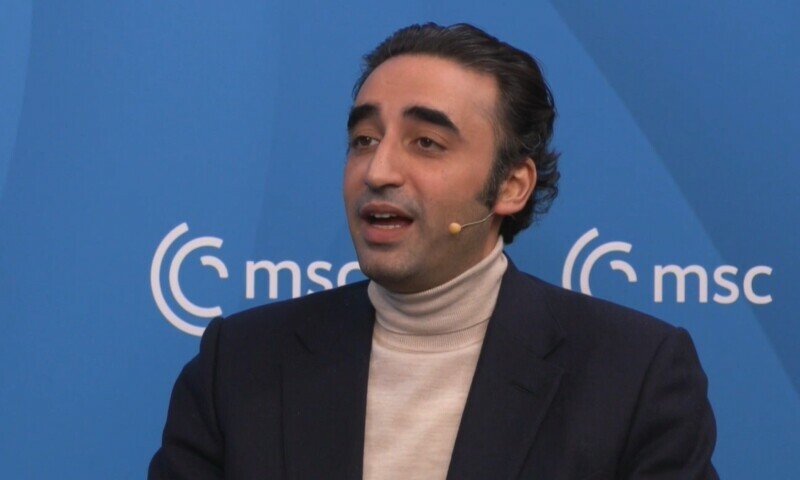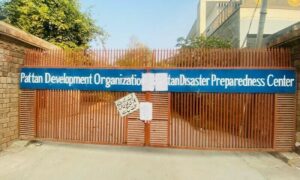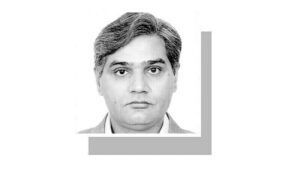PPP Chairman and former foreign minister Bilawal Bhutto-Zardari has said that Pakistan can be the bridge between China and the United States, Deutsche Welle (DW) reported on Monday.
Speaking at the Munich Security Conference, Bilawal discussed the country’s engagement with China and the US, expectations from President Donald Trump, improving relations with India, and security challenges.
“The pace of that competitiveness [between China and the US] has very palpable effects all across the world […]. From a Pakistani perspective, historically, we have played the role of bridge builder rather than a dividing force,” he said.
He added, “If you want to put us in a camp, we would like to see ourselves as bridge builders. We played that role in the past between establishing diplomatic contacts and the relationship between the US and China.
“Going forward, we would like to see ourselves as a country that can bridge that gap rather than increase that division.”
When asked about the new Trump administration, Bilawal called Trump a “deal maker” and said, “Given the challenges we face in the region, there are topics and areas in which we can engage with the US that fit within that roadmap.”
One such domain, he added, was increasing engagement with India.
He further said, “With China-US conflict and with US’ attempts to build up India as a counterweight to China does affect the balance of power in the region.”
Giving the example of the arms race between India and Pakistan, he said that both countries can focus on other sectors like poverty, unemployment but “if the US is going to try and establish India as a net security provider in the region, then Pakistan will do what it must to sustain that race.”
China has a “consistent stable trajectory” and it “makes sense” for the country to do business with China, Bilawal remarked, adding, “But it does not make sense to cut us off from the rest of the world.”
Last year, Pakistan ruled out the possibility of sacrificing its relationship with China for the sake of improved relations with the United States. The Foreign Office had stressed that “Pakistan doesn’t believe in zero-sum relationships”.
“For us, relations with the United States and relations with China are both important,” former FO spokesperson Mumtaz Zahra Baloch said.
Security challenges
Regarding US Vice President JD Vance’s remarks a day earlier regarding Washington being able to wield economic and military leverage in talks with Russia to ensure a good peace deal over Ukraine, Bilawal said that it was “not a surprise for us because we are used to the fact that the US looks after US interests first.”
He highlighted the US’ withdrawal from Afghanistan in 2021 saying that the EU, Afghan government and Pakistan were not consulted. He said, “The old norms on how to deal with the world have changed,” adding that Pakistan was learning how to engage with that.
Speaking on the country’s security challenges, he stated, “Pakistan’s current security challenges are not emanating out of Iran but it is a direct consequence from US withdrawal from Afghanistan which has resulted in a whole host of militant organisations gaining momentum.”
He said that banned organisations like Tehreek-i-Taliban Pakistan (TTP), Daesh and other groups were almost dismantled.
He continued, “Before the fall of Kabul, we were more successful in dismantling and taking on these militant outfits within Pakistan than all of Nato in Afghanistan.”
“In order to meet that challenge, Pakistan needs comprehensive domestic consensus that is owned across the political spectrum […] Then we will be in a position for serious conversation, regional and international, about what we are going to do about this mess”
- Desk Reporthttps://foresightmags.com/author/admin/











